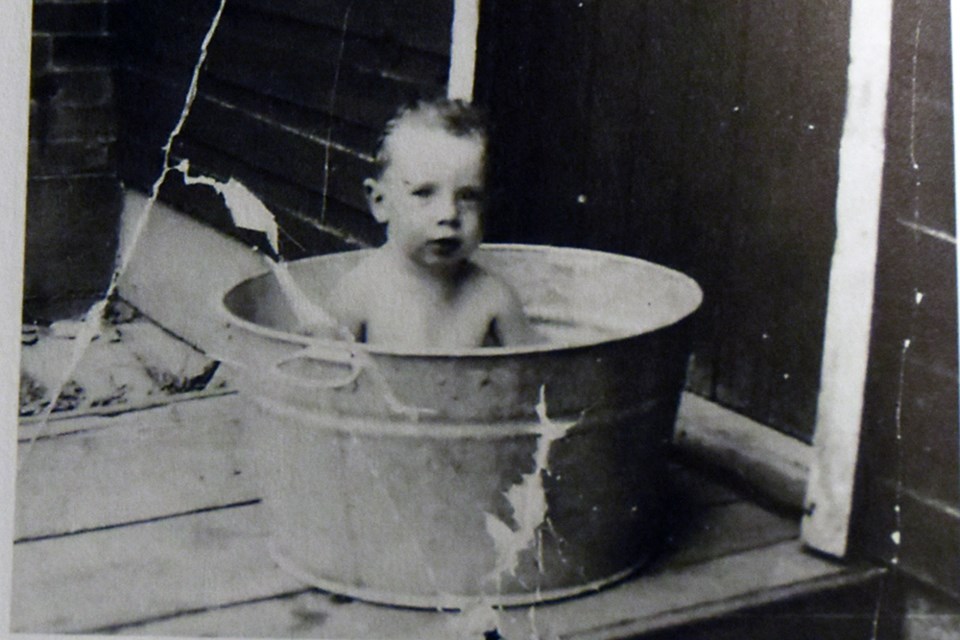Next year's water rates, set Thursday by the Public Utilities Commission of the City of Sault Ste. Marie, will be 7.5 per cent higher than this year.
Average residential water bills in the city will rise $35 per year to a total of $493.
The 2020 rate hike, considered necessary to pay for continuous reinvestment in water infrastructure assets, follows increases of five per cent in both of the two previous years.
Another 33 per cent in price step-ups are projected over the following six years.
Mayor Christian Provenzano pointed out that next year's 7.5 per cent increase is down from the 10 per cent originally forecast.
"It's about sustainability," said Ward 1 Coun. Paul Christian. "We have an aging infrastructure that we need to ensure meets standards. This is an investment – an important investment."
The 7.5 per cent increase was included in the PUC's 2020 budget, which was also approved on Thursday.
The budget calls for spending of $17 million (down $497,000 from this year) offset by revenues of $22.5 million.
That will add up to a $5.5 million profit for the city-owned utility, up $841,000 over this year.
The budget calls for profits to be fully reinvested in future operations, maintenance, administration and capital infrastructure programs.
$7.7 million in capital investments planned for 2020 include $2.5 million for watermain re-lining, $1.1 million for an upgrade to a booster station near PUC headquarters, and infrastructure replacement on city road projects planned for Sixth Avenue, Second Avenue and Bay Street.
Saultites consume between 10 million and 12 million cubic metres of PUC water a year, piped through 470 kilometres of distribution mains comprised of:
- 51 per cent cast iron
- 26 per cent graphite-rich ductile iron
- 14 per cent pvc pipe
- nine per cent concrete pressure pipe
Replacement value of the Sault's water infrastructure is estimated at around $868 million.
Right now, it would take 130 years for Saultites to replace that infrastructure.
PUC is aiming to reduce that replacement cycle to 75 years by continuing to crank up our water rates until we're spending $12.5 million annually on capital expenditures by 2026.
Typical useful life of a watermain ranges from 40 to 120 years, depending on pipe material and installation conditions.
This year's 7.5 per cent water rate hike is expected to be the largest in the foreseeable future.
Here are the future projected increases, subject to change and PUC board approval:
- 6.5 per cent in 2021
- six per cent in 2022
- 5.5 per cent in 2023
- five per cent in 2024
- five per cent in 2025
- five per cent in 2026
For an 18-year period from 1942 to 1960, PUC water rates didn't increase at all.
The increases were recommended in a just-updated financial plan for the Sault's water supply services prepared by consultant KPMG.
"PUC residential customers enjoy lower-than-average annual water costs when compared to other Ontario municipalities," KPMG said. "The average 2018 cost to a household in Sault Ste. Marie for water service is among the lowest in Northern Ontario municipalities."
'A unique storm'
At this week's meeting of the PUC board, PUC President and CEO Rob Brewer commended staff for their handling of major outages during Wednesday's inclement weather.
"We had a unique storm in that the wind was from a different direction – the east – and it created some issues with conductors slapping together," he said.
"Also a major issue was with trees, so we had wet snow, a lot of wind creates a sail, knocks the trees down. The end result was we had 3,500 people out [of service]."
"But within less than four hours all but a handful were back on. There were no incidents, no safety issues. It was a good day," Brewer said.
